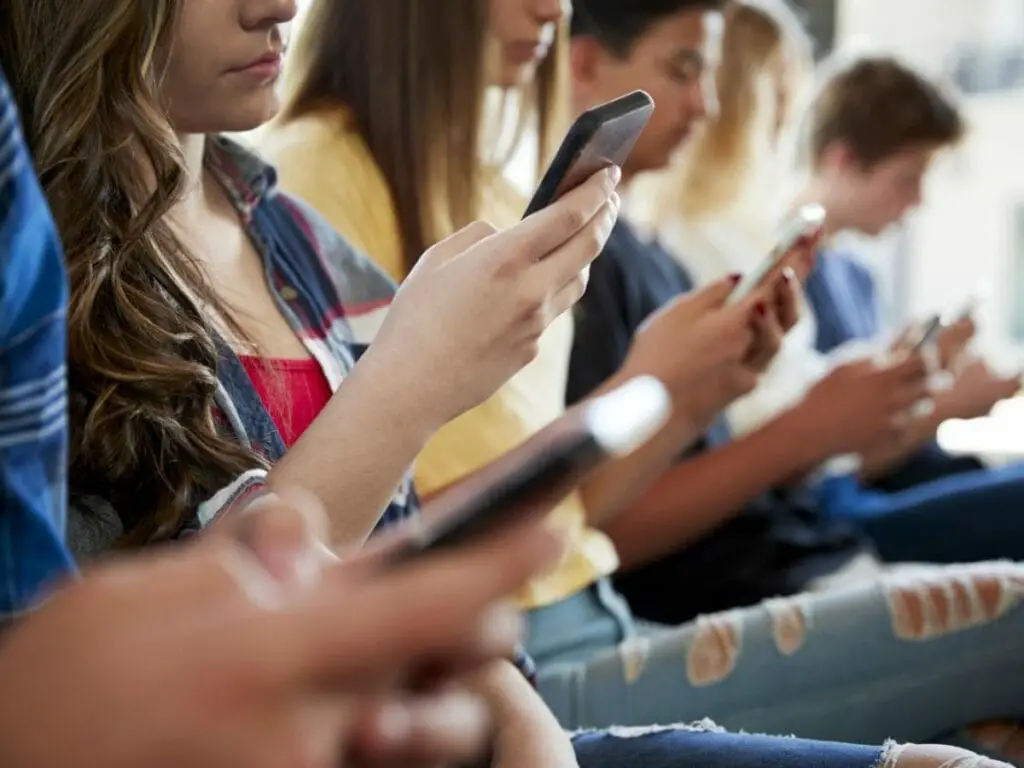


Previous studies have shown that depression among teenagers and young adults has gotten more prevalent over the past decade. It is said that adolescence is a time of increased vulnerability to depression, which explains why 13 percent of teenagers aged 12 to 17 in the U.S. have experienced at least one episode of depression. Along with the continuous increase in the prevalence of depression among teenagers is the steady increase in social media use.
There has been an ongoing debate about whether Internet use has detrimental effects on young people’s mental health. Several studies have looked into the potential link between Internet use and depression, but most results were deemed non-significant, null, or contradicting, making it hard to determine whether social media causes depression.
Hence, a recent study published in the journal Computers in Human Behavior shed light on the bidirectional longitudinal relationships between the duration of Internet use, social connections, and depression to address these limitations from previous studies.
There are two comprehensive models linking Internet use with social connection and well-being, which suggest varying claims regarding the association between internet use and the risk of depression.
The Internet-enhanced self-disclosure hypothesis suggests that online activities foster self-disclosure and the quality of relationships, positively affecting well-being. Several studies support this hypothesis, stating that online communities reinforce social connections and increase the chances of interaction among young people, enhancing well-being. Hence, the Internet-enhanced self-disclosure hypothesis provides a comprehensive theoretical background to support the positive effects of Internet use on social connection and well-being.
On the other hand, the Evolutionary mismatch model states that Internet-related activities may reverse what ancestrally was an adaptive behavior into a new maladaptive one. The model argues that the crucial processes that foster intimacy, security, trust, and cooperation, such as creating close relationships and self-disclosing information to others, have been altered by internet-based communication. Further, using Internet-enabled devices may interfere instead of promoting the quality of everyday social interactions.
The difficulty of establishing deep and meaningful friendships online would be detrimental to overall well-being. At the same time, Internet use may interfere with ongoing activities, not only by displacing time for activities like homework, physical exercise, sleep, and social time with family and friends, which are known to protect from negative outcomes, but also by interfering with the basic cognitive processes of personal communication.
Consequently, Internet use reduces well-being and increases the risks of depression, loneliness, and anxiety symptoms by diminishing relationship satisfaction.
The new research draws on the two comprehensive models linking internet use with social connection and well-being to investigate the bidirectional effects of Internet use, social connections, and depression.
The study collected data over three years from 981 adolescents, which they then analyzed using an extension of the Random Intercept-Cross Lagged Panel Model.
Based on their analysis, the researchers found four main findings stating that:
The findings demonstrate that a higher duration of Internet use can increase depression, and, to a lower extent, higher depression levels can also increase the duration of Internet use. Heavier Internet users reported higher levels of social connections with friends. Being female and possessing Internet-enabled mobile devices contributed to higher initial depressive symptoms, whereas having a good family relationship was a protective factor.
The study’s results partly support both theoretical models and highlight the importance of including contextual factors in explaining such relationships.
Regardless of whether internet use or social media can cause depression, users should still be mindful of how they utilize the Internet, as everything in excess can lead to something bad.
Spending excessive time on the Internet to the point of neglecting basic chores, duties, and daily life activities may adversely affect your health, relationship with others, and overall well-being.
Hence, the effect of internet use on one’s mental health and overall well-being largely depends on the person’s ability to ensure healthy social media use by creating a healthy balance between time spent on the Internet and other life activities.
Marciano, L., Schulz, P. J., & Camerini, A.-L. (2022). How do depression, duration of internet use and social connection in adolescence influence each other over time? an extension of the RI-CLPM including contextual factors. Computers in Human Behavior, 136, 107390. https://doi.org/10.1016/j.chb.2022.107390